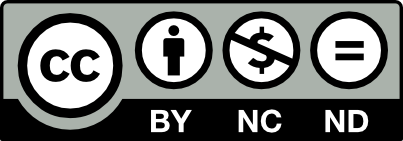Migration stories. The psychologist’s role in the reception centers for immigrants and refugees
DOI:
https://doi.org/10.23823/jps.v4i1.69Abstract
This paper describes the psychological significances of some interventions in a reception center for immigrants and refugees. Nowadays, we perceive the immigrant as a “threat”, an imminent precursor of a potential destructive event. The Psychologists too, risk seeing immigrants as an anonymous and dangerous crowd (Dambone, Monteleone, 2019). This process of social representation is strikingly depersonalizing and provokes an unsafe social framework. Therefore, peaceful coexistence and a reassuring experience of common social spaces between different ethnic groups are difficult to pursue, due to a mutual feelings of suspect and prejudice. The report summarizes an in-depth investigation into these contexts when psychological support programs are improved. A useful step to get better awareness of the social processes related to migration, and the emotional and practical problems experienced by migrants and operators.
Downloads
Downloads
Published
Issue
Section
License
Copyright (c) 2020 Journal of Psychosocial Systems

This work is licensed under a Creative Commons Attribution-NonCommercial-NoDerivatives 4.0 International License.
Authors who publish in this journal agree to the following:
- Authors retain the rights to their work and give to the journal right of first publication of the work simultaneously licensed under a Creative Commons License - Attribution that allows others to share the work indicating the authorship and the first publication of this journal.
- Authors can accept other non-exclusive licensing agreements for the distribution of the published version of the work (eg. Deposit it in an institutional repository or publish it in a monograph), provided to indicate that the document was first published in this journal.
- Authors can spread their work online (eg. In institutional repositories or on their website) before and during the submission process, because it can lead to productive exchanges and increase the work published citations (See The Effect of Open Access) .









